
Professor Paula Booth
Professor of Chemistry
- Daniell Chair of Chemistry
- Group Leader (Satellite Laboratory) Francis Crick Institute
Research interests
- Chemistry
Contact details
Biography
Professor Paula Booth is currently Daniell Professor of Chemistry in the Department of Chemistry, King's College London. She leads an active, interdisciplinary research group working at the interface between Chemistry and Life Sciences, having previously held Faculty positions at Oxford, Imperial College and Bristol in Biochemistry. Her research addresses the biosynthetic folding of integral membrane proteins, studying reaction mechanisms, regulation by membrane lipids and constructing biomembranes for Synthetic Biology applications.
Her innovative research has been recognised with awards including a Royal Society Wolfson Research Merit Award and Philip Leverhulme Prize, and her funding includes a Wellcome Trust Investigator Award, ERC Advanced Grant, EPSRC-NFS award, BBSRC-EPSRC Synthetic Biology Centre funding as well as grants from BBSRC, EPSRC and the Leverhulme Trust.
Paula has extensive experience at executive and advisory level, for example serving on the UK Biochemical Society, US Protein Society and University of Bristol Councils as well as several Scientific Advisory Boards including the Rosalind Franklin Next Generation Chemistry Board that she will Chair in 2021. She is also a REF 2021 panel member, sits in BBSRC Appointments Board and has served on many funding panels including BBSRC, EPSRC, ERC and The Wellcome Trust.
Research interests
- Membrane protein folding
- Regulation of membrane function
- Construction of synthetic membrane modules
Teaching
- MSci Research Project and Dissertation
Research profile
For more information on Professor Booth's research please visit her Research Portal page
The Booth Group
Research Associates
Postgraduate Researchers
- Erin Johnston
- Kaylee Patel
- Wenjuan Sun
The Booth Group works at the interface of Chemistry and Biology investigating the biogenesis, self-assembly and function of cell membranes. A main focus is elucidating the mechanisms by which proteins fold, assemble and communicate within biological membranes. Emphasis is placed on understanding the role of membrane lipids in regulating protein folding and function, as well as devising methods to probe misfolding of proteins that can have drastic effects. Membrane proteins account for about 30% of all cell proteins, and play pivotal roles in life reflected in their domination of drug targets. The group research aims to not only solve fundamental questions relating to membrane protein biogenesis and folding, but also to exploit the self-assembly of artificial biomembranes for Synthetic Biology and catalytic applications. Work also investigates the critical role of the membrane and embed proteins in drug targeting and antimicrobial resistance. The Booth Group also has a satellite laboratory at the Francis Crick Institute.
Co-translational membrane protein folding in real time: developing fluorescence and vibrational spectroscopy methods to time-resolve structure formation during co-translational folding and insertion of membrane proteins
Capturing membrane protein nascent chains on the ribosome directly from cells: stalling nascent polypeptide chains on the ribosome, midway through their synthesis and insertion into the membrane. Polymer-based methods extract these ribosome-nascent-chain samples directly from their native membrane in a native lipid environment.
Lipid modulation and mechanisms of membrane protein folding: Membrane lipids play active roles in the folding and function of membrane proteins, as well as drug binding and antimicrobial resistance. The Booth Group uses a range of methods to study how lipids modulate the kinetics, thermodynamics and evolution of membrane proteins using artificial and cellular membranes.
Folding human membrane proteins: advancing their methods to physiologically relevant human transport proteins.
Functionalised droplet interface bilayers as basis for artificial cells: exploiting their approaches in novel membrane systems to provide bespoke, finely-tuned functional membranes for use in synthetic biology applications.
Research
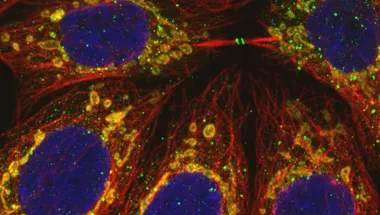
Lipids and Membranes Research Interest Group
A Lipids and Membranes Research Interest Group
News
Fundamental research into proteins in the cell membrane receives BBSRC Pioneer Award
The first-of-its-kind exploratory study will examine how force impacts assembly for critical proteins in the body.
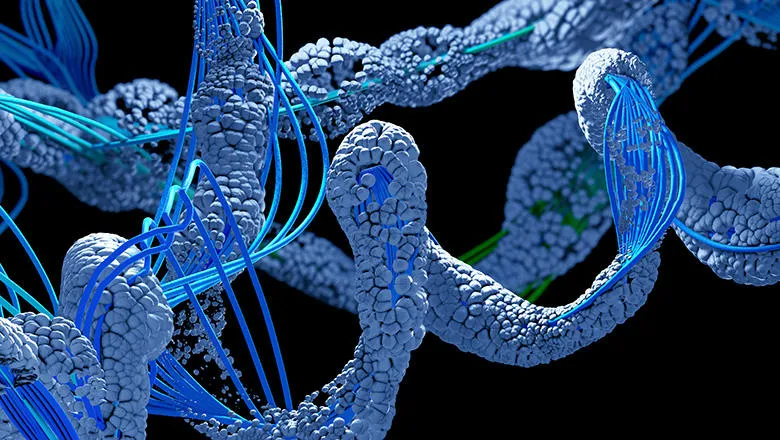
King's Centre for the Physical Science of Life celebrates its launch
The new centre ushers in a new era for physical science
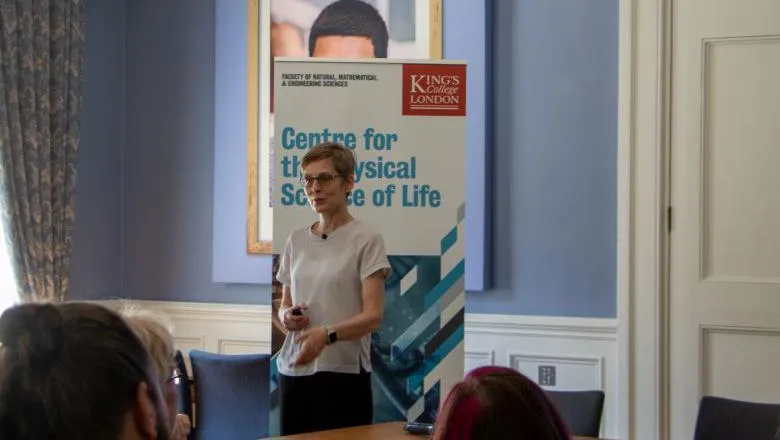
Chemistry climbs rankings
Department of Chemistry climbs QS rankings

King's professors advising research council
King's professors advise research council

Latest research from King's Chemists furthers understanding of multidrug resistance
Latest research from King’s chemists explores the role that protein dynamics play in the function and inhibition of multidrug-resistant activity in membrane...
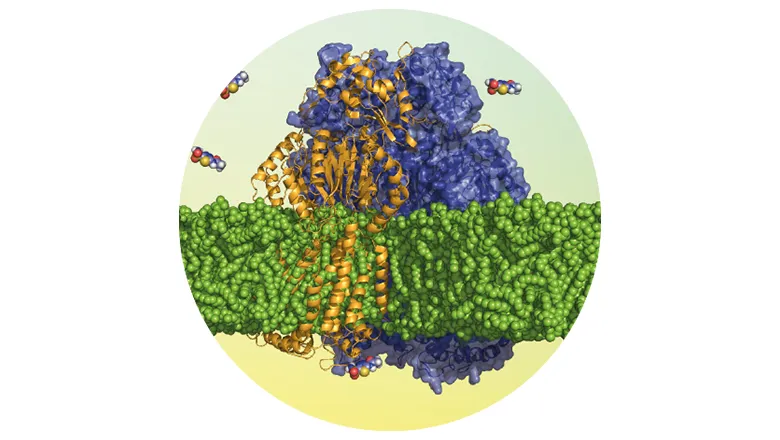
Daniell legacy celebrated in the Department of Chemistry
The legacy of John Frederic Daniell was showcased by a series of activities in the Department of Chemistry during October and November 2019.

Events
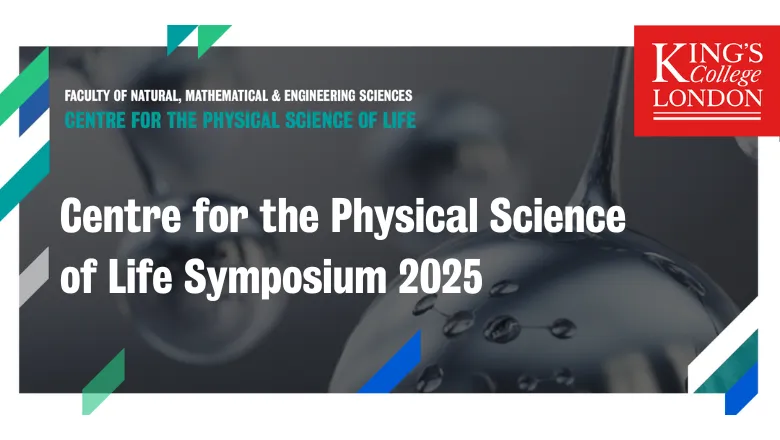
Centre for the Physical Science of Life Symposium 2025
Please join us in-person for the Centre for the Physical Science of Life Symposium at King’s College London.
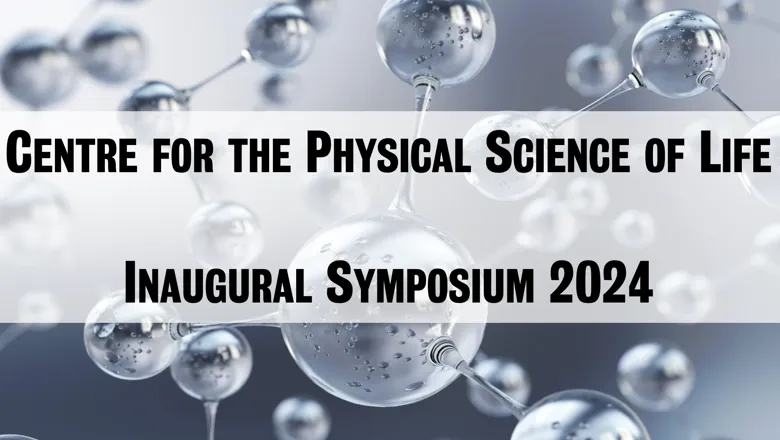
Centre for the Physical Science of Life Inaugural Symposium
Please join us in-person for the Centre for the Physical Science of Life Inaugural Symposium at King’s College London.
Please note: this event has passed.
Research

Lipids and Membranes Research Interest Group
A Lipids and Membranes Research Interest Group
News
Fundamental research into proteins in the cell membrane receives BBSRC Pioneer Award
The first-of-its-kind exploratory study will examine how force impacts assembly for critical proteins in the body.

King's Centre for the Physical Science of Life celebrates its launch
The new centre ushers in a new era for physical science

Chemistry climbs rankings
Department of Chemistry climbs QS rankings

King's professors advising research council
King's professors advise research council

Latest research from King's Chemists furthers understanding of multidrug resistance
Latest research from King’s chemists explores the role that protein dynamics play in the function and inhibition of multidrug-resistant activity in membrane...

Daniell legacy celebrated in the Department of Chemistry
The legacy of John Frederic Daniell was showcased by a series of activities in the Department of Chemistry during October and November 2019.

Events

Centre for the Physical Science of Life Symposium 2025
Please join us in-person for the Centre for the Physical Science of Life Symposium at King’s College London.

Centre for the Physical Science of Life Inaugural Symposium
Please join us in-person for the Centre for the Physical Science of Life Inaugural Symposium at King’s College London.
Please note: this event has passed.
